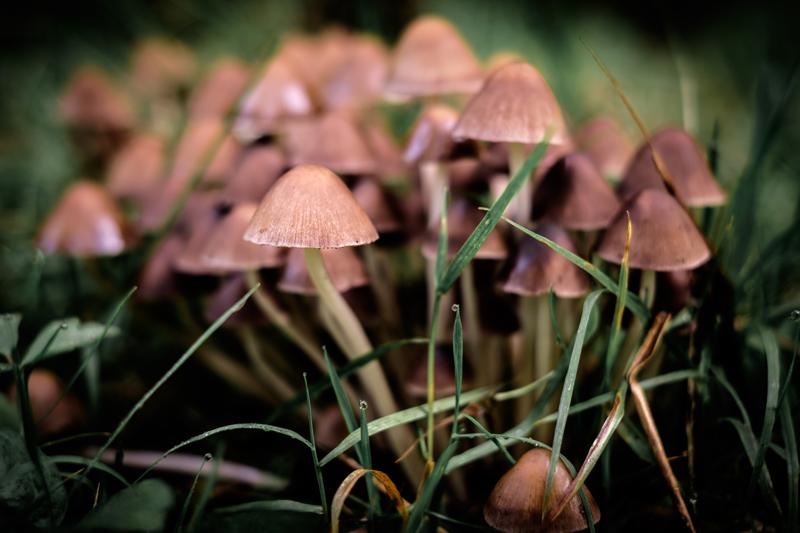
Photo by Thomas Millot on Unsplash
In my last post about vaginosis, I mentioned that the fertile plain is the breeding ground for several microbes. We discussed the bacteria then. Fungus is another major player at the party. Yeast is naturally present in small amounts in a healthy vagina. But when the lactobaccilus , the guardians of law and order in the vagina take a beating for whatever reason, and their numbers diminish, it is a free for all party and the yeast can multiply indiscriminately causing an yeast infection.
Chances are you have had an yeast infection at least once, if not more times. Sometimes these don't bother you at all, and may get okay by itself, without you even noticing. At other times, they may be uncomfortable and need treatment.
Symptoms
If an yeast infection is bothering you, you may notice symptoms like itchiness, soreness and sometimes a burning sensation while peeing or having sex. But the most obvious, and somewhat distinct symptom, is a clumpy cottage cheese like discharge that has no odor.
Often yeast infections just happen, but sometimes yeast infections keep recurring. In these complicated cases the underlying cause needs to be identified.
Causes
Pregnancy
When I was in my third trimester of pregnancy and went for a regular check up, the doctor informed me that I had an yeast infection. I wasn't experiencing any discomfort, unless you count waddling around with a huge tummy.
So as far as the infection was concerned, I did not notice any symptoms. But the doctor prescribed an anti fungal vaginal suppository to take care of it. Later I learned, that if the yeast infection hadn't been treated, the baby may have developed oral thrush which could then cause an yeast infection on my breast and passed back and forth between me and the baby.
It turns out that yeast infections are very common during pregnancy, particularly in the second trimester because of hormonal changes.
IUDs
There was a time I was getting yeast infections almost every month. It was crazy, because before that I had just the one during pregnancy and a couple that did not even need treatment. But then suddenly they were happening every month, and they were really itchy and uncomfortable. The only thing, I could think had changed was, that I had an intra-uterine device (IUD) inserted a few months before. But most doctors insist that IUDs do not cause yeast infections. None the less I decided to ditch the IUD, and my yeast infections magically stopped.
A few months later, I came across this article which talks about the connection between IUDs and yeast infections. To summarize, while an IUD insertion may or may not cause an yeast infection, the Candida fungus can get lodged in the IUD strings, as confirmed by a scanning electron microscope, during an unlucky yeast infection, causing it to recur.
So if you encounter the problems I did, one option may be to just get the IUD changed, instead of giving up on it all together.
Antibiotics
As you know, the yeast in the vagina are kept in check by lactobaccilus, but a course of antibiotics can cause their (lactobaccilus) numbers to dwindle, giving free reign to the yeast to multiply.
Other causes
Other causes include having sex with an yeast infected partner, underwear that fits too snugly, scented feminine hygiene products, high blood sugar, etc.
Treatment
An yeast infection during pregnancy is usually treated by a vaginal cream or suppository over the course of a week. In the absence of pregnancy, the treatment can be quicker and may involve some oral medications, in addition the creams and suppository.
Some mild yeast infections may be treated with some home remedies suggested here. Curd in particular makes sense to me, because it could help restore the population of lactobaccilus. Coconut oil has always worked wonders with diaper rashes my daughters have had, and those too are usually fungal in nature. However, if these home remedies do not bring relief in a few days, it is advisable to see your doctor as soon as possible.
I am thrilled to be participating in the A to Z blogging challenge 2018.
